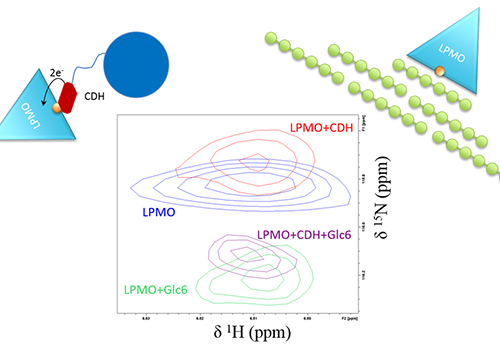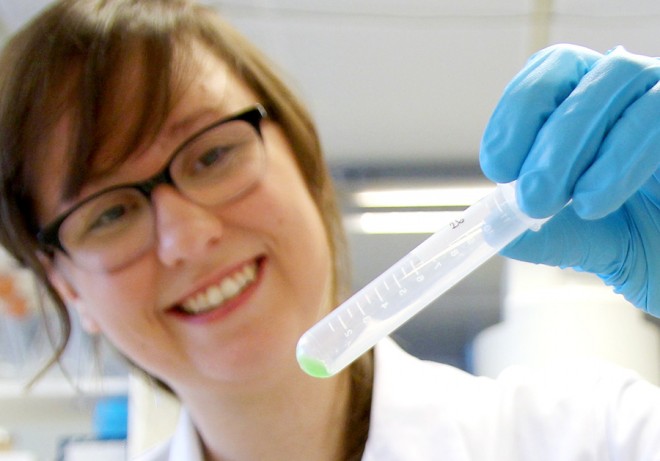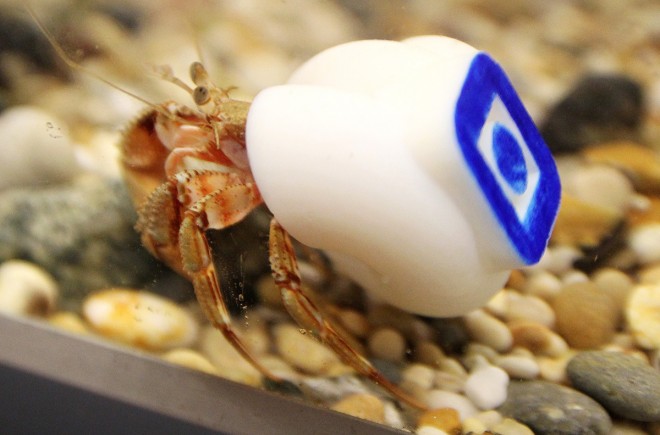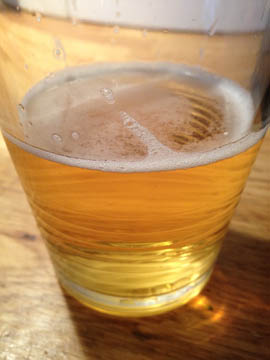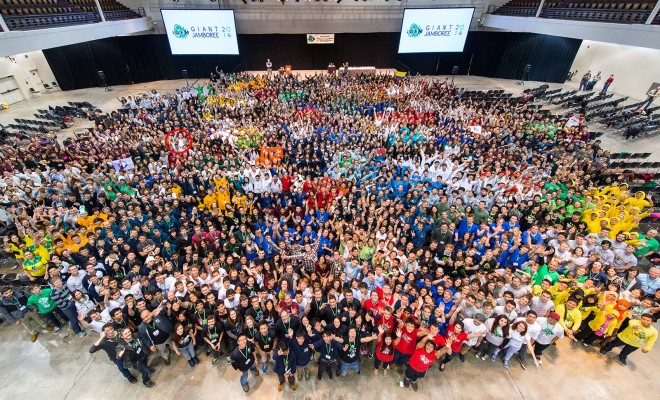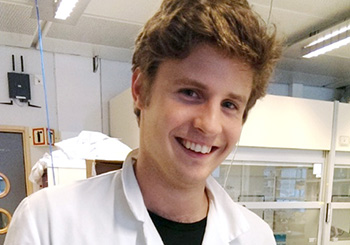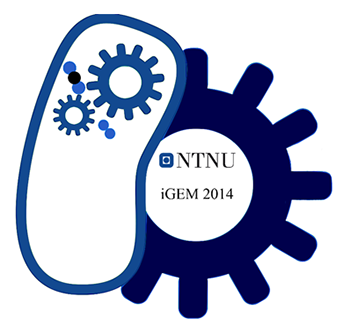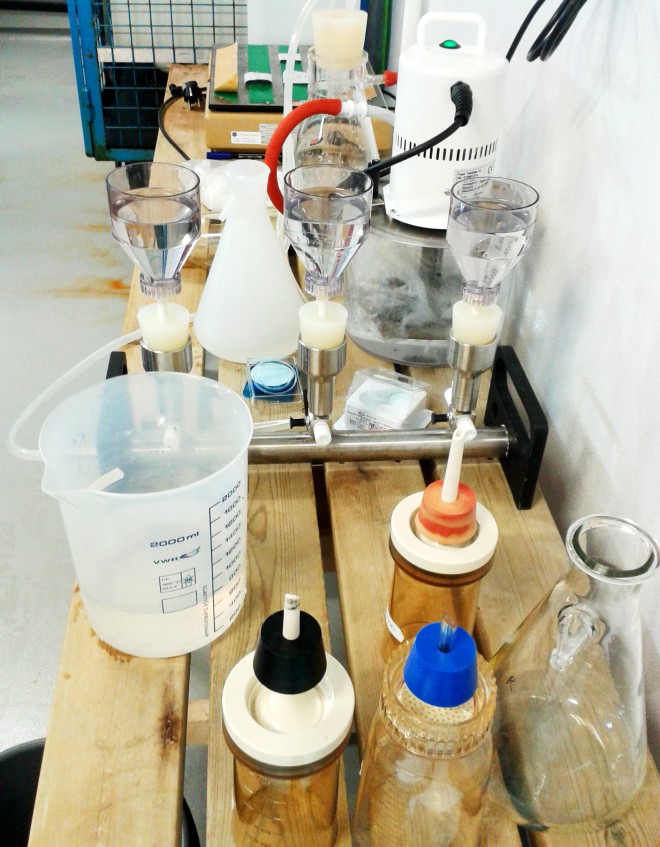How can LPMO enzymes transform cellulose into essentials like food and fuel? By the use of NMR (Nuclear Magnetic Resonance) spectroscopy we have found important answers to this question. In the future, these findings might help us control and optimize the production processes in biorefineries. “Det grønne skiftet” (“the green shift”) won the Word of …
Kategoriarkiv:Biotechnology
How cyanobacteria eat iron
Cyanobacteria (commonly known as blue-green algae) obtain energy from photosynthesis: they use sunlight as energy source to convert CO2 and water to sugar and oxygen. Therefore, they contribute a significant part to global carbon fixation. Just like humans, cyanobacteria require iron to survive. While humans can simply eat e.g. spinach, cyanobacteria need to take …
Learn about the possibilities within aquaculture
The demand for seafood is growing, and the Norwegian goal is to become the world’s main seafood nation. Recruiting smart, young brains This is reflected by initiatives from the Government, from the aquaculture industry and related industries, and not the least from ongoing research activities. Building research based competence in the marine sector is important …
Fortsett å lese «Learn about the possibilities within aquaculture»
Beer brewing competence at the lab
There has been an exponential interest and growth in home beer brewing over the lasts years, and more and more small-scale microbreweries are entering the commercial marked. As a microbrewer you can now get a helping hand from the university, where there is microbial expertise and analytical resources few labs can match. A little more …
We won the gold medal at the iGEM competiton
Written by the NTNU iGEM team together with Rahmi Lale. The Giant Jamboree is over. It feels like a chapter in our lives has ended. The Jamboree was massive, just check out this picture, and there are an overwhelming amount of impressions left…and YES, we achieved our goal and won the gold medal. What is …
Fortsett å lese «We won the gold medal at the iGEM competiton»
Only two days away from the competition
Written by the NTNU iGEM team together with Rahmi Lale. The Giant Jamboree competition 2014 is only two days away. Hynes Convention Center in Boston is hosting the event on 30 October – 3 November. Here, 2.500 Synthetic Biology researchers from 245 universities in 32 countries are participating. One of these teams is from NTNU. …
Competing in Synthetic biology
Written by the NTNU iGEM team together with Rahmi Lale. Synthetic biology is an interdisciplinary field with the aim of modifying and/or engineering organisms to perform specific functions (e.g. synthesis of desired compounds). The fulfilment of these aims is based on altering the genetic structure of the organism, which governs its internal processes. A computer-based …
Student in Research at The Dept. of Biotechnology
This spring, I had the opportunity to be a “student in research” on a fellow project with Ragnhild I. Vestrum which includes cultivation of cod larvae free from unwanted organisms. Along with Ragnhild, postdoc Torunn Forberg, and several people from the research group “Analysis and control of microbial systems” I have worked about 40 hours …
Fortsett å lese «Student in Research at The Dept. of Biotechnology»
